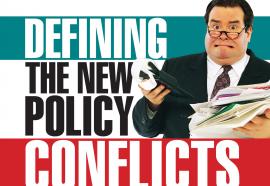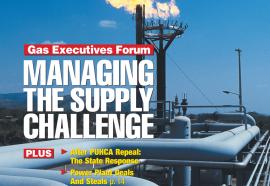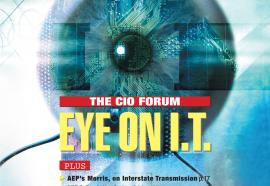How Needed Is NERC?
Critics say its new budget and business plan could simply duplicate the work of RTOs.
FERC granted formal certification to NERC as the nation’s sole ERO and reliability czar, making it inevitable that NERC would delegate the job of regional enforcement to its various regional reliability councils, already constituted. To understand why FERC acted as it did, turn back the clock nearly a decade.









